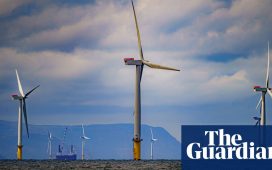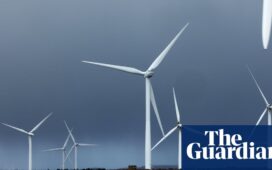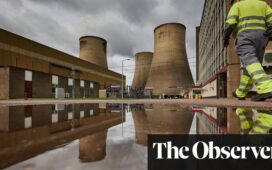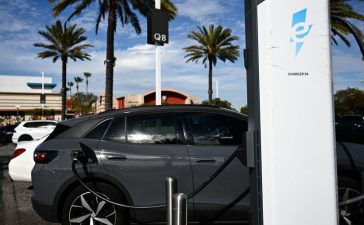Stay informed with free updates
Simply sign up to the Renewable energy myFT Digest — delivered directly to your inbox.
The UK has abandoned plans for a trial to test hydrogen as a replacement fuel in gas-fired boilers, in the latest setback for its prospects of taking a larger role in domestic heating.
Ministers on Thursday said they would not proceed with a proposed pilot in Redcar, north-east England, which had been due to start in 2025, blaming a lack of supplies of low-carbon hydrogen.
The decision followed opposition to the project from residents raising concerns about cost and safety, while critics had argued hydrogen was unsuitable for home heating as it was less efficient than alternatives, such as heat pumps.
It comes after ministers scrapped another trial in Whitby, near Liverpool, in July following opposition from residents. Ministers said they would now look at the results of a planned trial in Fife, Scotland, due to run next year, and pilot schemes elsewhere in Europe, ahead of making a decision on hydrogen’s role in home heating in 2026.
Hydrogen does not produce carbon dioxide emissions when burnt, so is being eyed as a potential replacement for natural gas. However, it is currently mostly produced from natural gas, releasing carbon dioxide in the process.
Producing it in a lower carbon way involves either capturing and storing those emissions or extracting it from water using green electricity — known as “green hydrogen” — both of which are complicated and expensive.
In an effort to jump-start production of low-carbon hydrogen in Britain, ministers awarded the first round of subsidies to “green hydrogen” producers on Thursday, with revenue support contracts worth an estimated £2bn over 15 years to build 145MW of capacity.
But the capacity of the 11 subsidised projects fell well short of the government’s 250MW target, highlighting the difficulties of getting the industry up and running.
Projects that will go-ahead include one by French state-owned energy group EDF to produce hydrogen using electricity from a wind farm off the coast of Teesside and a joint venture between Spanish-owned Scottish Power and UK-based Storegga to produce hydrogen in Scotland for whisky distilleries.
Five projects were withdrawn before final negotiations with government concluded, while four failed to qualify for the subsidies.
Separately, on Thursday the government said it saw “potential strategic and economic value” in allowing hydrogen to be blended into the gas distribution pipeline networks, helping support the development of the industry.
However, safety trials still need to take place to determine whether this can happen, with the government saying it did not expect blending to happen at commercial scale until 2025-2026 “at the earliest”.











